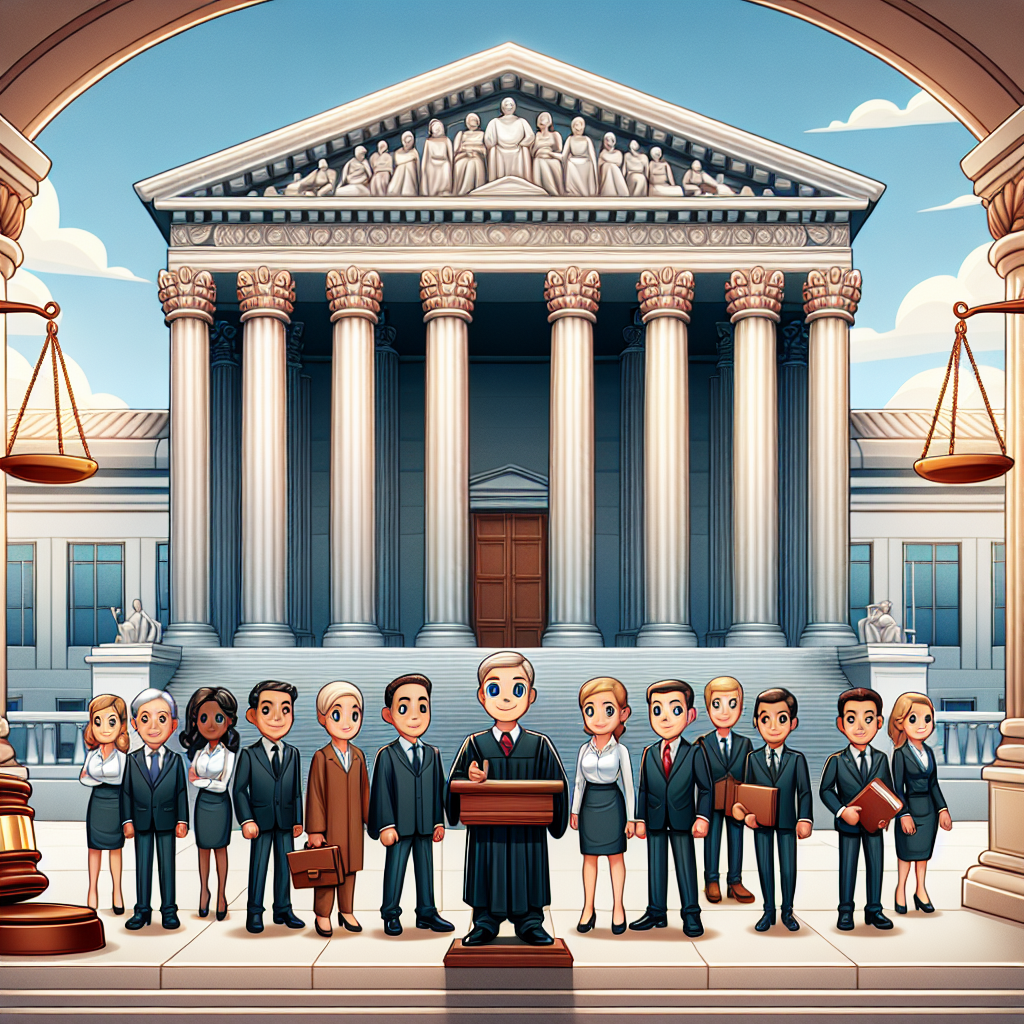Supreme Court Defends Legal Profession's Independence
The Supreme Court addressed concerns over police summoning lawyers directly, asserting it threatens justice administration. It framed questions on legal autonomy, emphasizing lawyer-client privilege. The court challenged a summons against a Gujarat lawyer, stressing professional independence and advising regulatory oversight instead of direct summons.

- Country:
- India
The Supreme Court ruled on Wednesday that allowing police or investigative agencies to directly summon lawyers for advising clients poses a severe threat to the independence of the legal profession. The bench, comprising Justices K V Viswanathan and N Kotiswar Singh, emphasized that the legal profession is crucial to the justice system's integrity.
The court examined key questions about legal autonomy and client privilege. It debated if agencies could summon lawyers advising a party, especially when allegations surpass mere legal counsel. The need for judicial oversight to preserve justice efficacy was underscored, as was ensuring lawyers can perform their duties fearlessly.
The decision arose from a Gujarat lawyer's plea against a high court's refusal to quash a police notice. The Supreme Court stayed the notice, questioning summons that threaten professional autonomy. Agencies should seek higher approval for exceptions, addressing concerns amplified by recent similar issues.
(With inputs from agencies.)









